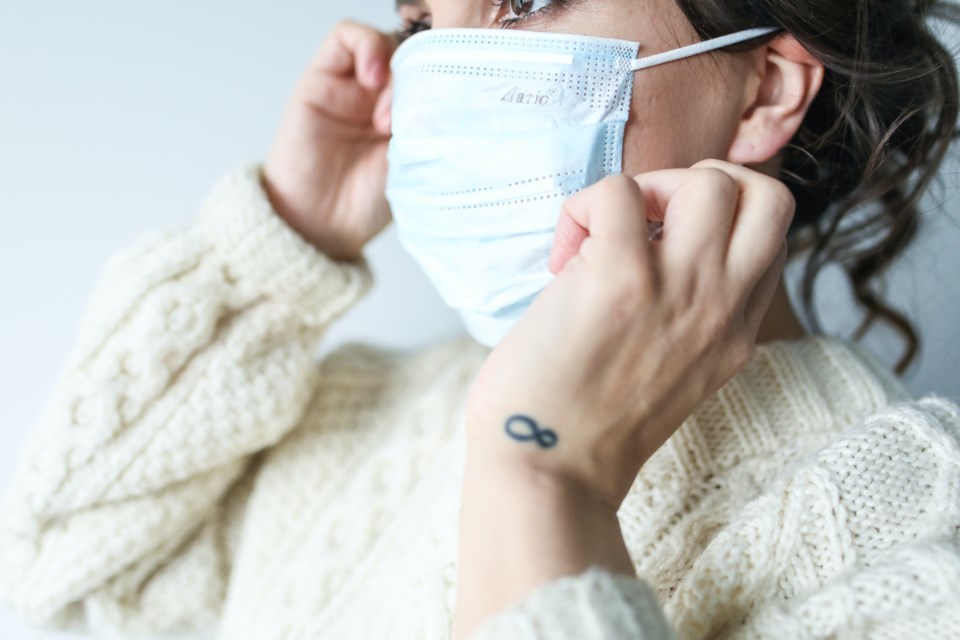Due to an increase in active COVID-19 cases in the region, the Michigan Department of Health and Human Services is categorizing Chippewa County as a high-risk area for transmission and infection, states a news release from the Chippewa County Health Department (CCHD).
Case count within Chippewa County has increased by more than 100 over the last two weeks.
As such, the CCHD recommends that "secure, high filtration face masks be worn indoors in public settings when in close proximity to others."
Full text of the CCHD release follows:
CHIPPEWA COUNTY - The Chippewa County Health Department (CCHD) strongly recommends that secure, high filtration face masks be worn indoors in public settings when in close proximity to others. This recommendation is made in accordance with the Centers for Disease Control as an effort to prevent the continued spread of COVID-19.
Within the past two weeks, the case count within Chippewa County has increased by more than 100; this increase has led Chippewa County to be categorized as a high-risk area for transmission and infection, according to the Michigan Department of Health and Human Services.
Dr. Catherine Wilkerson, Public Health Medical Director for the Chippewa County Health Department, states: “COVID is not just a cold. It is not the flu. It can affect organs and tissues throughout the body and result in neurological, cardiovascular and other complications. A significant proportion of people continue to have symptoms months after infection. As we experience rising COVID cases and hospitalizations again, we urge everyone to protect themselves and others. Vaccination greatly reduces the risk of hospitalization and death, but cannot stop the spread on its own. Proper masking in indoor settings add an important layer of protection. People who are exposed, who have symptoms or are attending get-togethers should test. Those who test positive should isolate and contact the health department promptly. They may be candidates for treatment, including oral medication that can be highly effective.”
In an effort to protect the vulnerable, CCHD strongly recommends that community members take the following steps to prevent further spread of the virus:
• Wear a well-fitting mask when in close contact to others
• Get vaccinated, including a booster or fourth dose if eligible
• If you become ill with a fever and other symptoms (sore throat, cough, etc.) stay home until fever subsides and symptoms improve
• If you have the ability to get tested, do so
• If you test positive for COVID-19, notify your close contacts
CCHD and many other community health partners have KN95 masks and home test kits available to the public.
For more information COVID-19 and to schedule an appointment for a vaccine, please visit the website.
